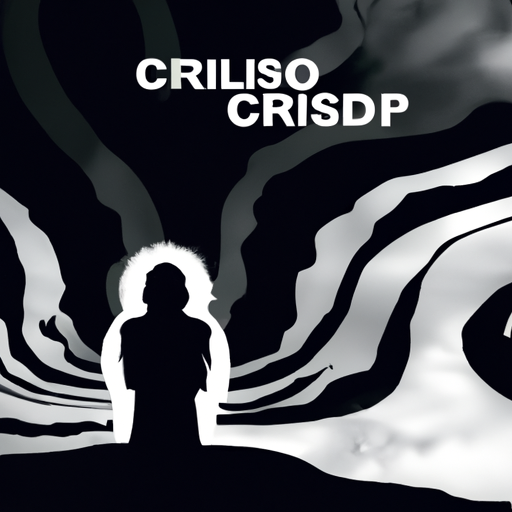The Escalation of the Opioid Crisis: A Dangerous New Player in Quebec
The Canadian opioid crisis continues to evolve and challenge our attempts at curtailment. A news piece from CTV News Montreal reports a grave new development in Quebec—the emergence of a potent opioid, profoundly exceeding the strength of Fentanyl. This piece encapsulates a worrying development in the ongoing opioid crisis, underlining the urgency for combined societal and governmental efforts to combat it.
Unprecedented Opioid Threat
Public health officials in Quebec have warned about the circulation of a new opioid—Isotonitazene—25 times more potent than Fentanyl and significantly more lethal. This deeply concerning development adds a terrifying dimension to the ongoing opioid crisis in Canada. Even more worrying, due to its recent emergence, little information about the drug is available, making it difficult to manage and contain its impact.
The Impact on Affected Communities
The powerful opioids circulating in our communities have a devastating effect, with a heightened risk of overdose resulting in significant mortality rates. These drugs cause various social complications—ranging from increased crime rates to the escalating number of homeless individuals. As these phenomena often interact in a cycle, the communities most affected are left struggling to break free of this vicious circle. The fast-paced and relentless progression of the opioid crisis continues to exacerbate these conditions, necessitating even greater urgency to find effective interventions.
The Response to the Crisis
Canadian authorities have ramped up their responses to the opioid crisis, employing a multi-faceted approach to combat this issue. Increased investment has been funneled into public health initiatives, healthcare responses, and efforts aimed at drug users, intending to limit the damage caused by drug overdoses and related issues.
Naloxone: The Lifesaver
Naloxone plays a vital role in combating the effects of opioid overdoses. This medication can quickly reverse an opioid overdose if administered promptly, potentially saving lives. The Quebec government has recognized the importance of this antidote by making it freely available in all pharmacies across the province. The hope is that the widespread availability of naloxone will curb the high fatality figures connected to opioid overdoses.
Key Points: The Battle Against the Opioid Crisis
- An opioid 25 times stronger than Fentanyl is now circulating in Quebec, dramatically increasing the risk of lethal overdoses.
- The opioid crisis continues to foster increased crime rates, greater numbers of homeless individuals, and puts enormous strains on communities and public health resources.
- Canadian authorities are employing various strategies to limit the damage caused by the opioid crisis, vitalizing initiatives such as public health efforts and bolstering resources for healthcare responses.
- Naloxone—an essential lifesaving medication—has been made freely available in all pharmacies across Quebec, aimed at mitigating opioid overdose fatalities.
Wrapping Up: Lessons Learned and Steps Forward
The alarming revelation of a new, dangerous opioid threat in Quebec underscores the persistent and evolving challenge of the Canadian opioid crisis. It amplifies the already chaotic situation, emphasizing the urgency for constructive societal, communal, and governmental efforts to combat the crisis.
Nonetheless, we can hold on to hope, witnessing the proactive measures already implemented in affected communities. The distribution of naloxone, improved public health initiatives, and stronger healthcare responses are concrete steps aimed at stemming the tide of the opioid crisis. Nevertheless, vigilance is crucial. Constant monitoring, adapting, learning, and evolving our approach is paramount in effectively addressing this complex problem that continues to impact our communities and loved ones.
